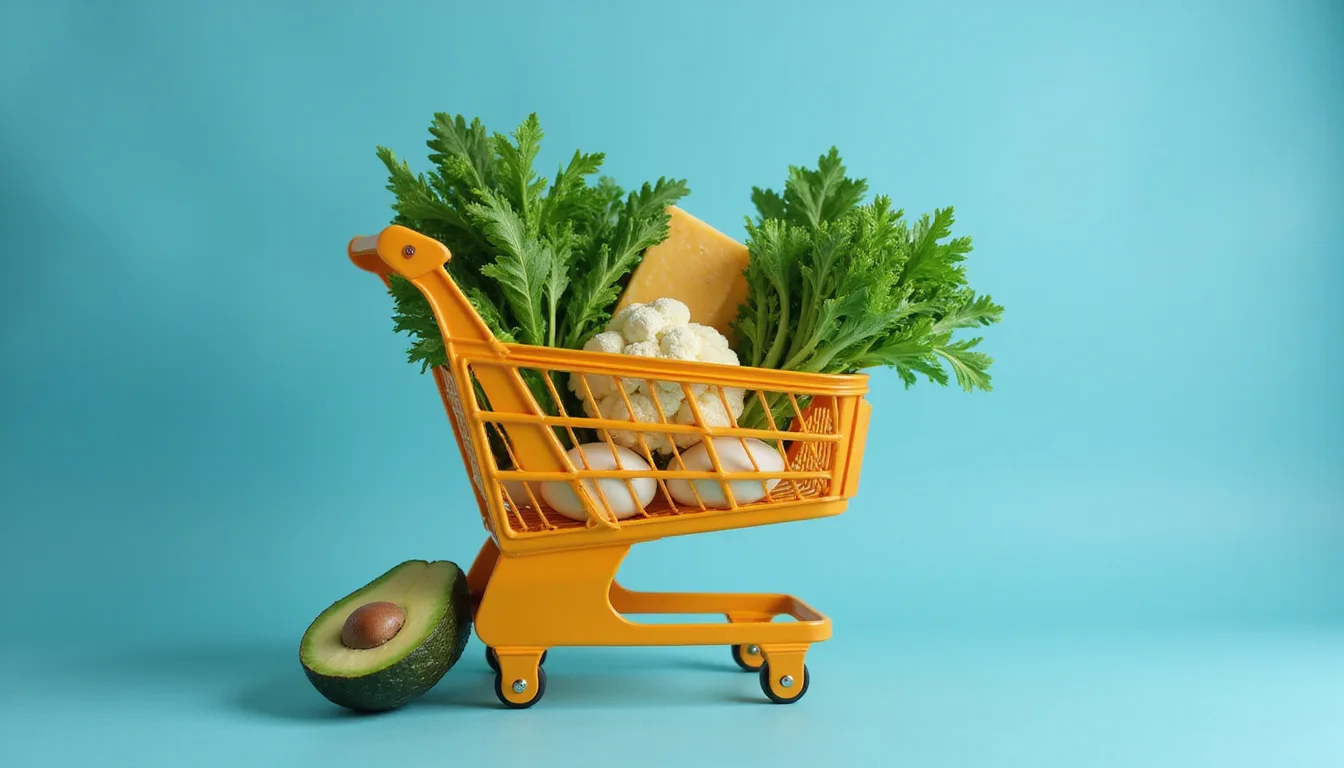
Maintaining proper hydration is vital for everyone. For those on a low carb diet, proper hydration can boost energy levels and support overall health. Low carb hydration goes beyond the simple act of drinking water. It relies on knowing how reducing carbohydrates affects your fluid and electrolyte balance. Smart hydration steps help you fight fatigue and sluggishness while keeping your mind clear and body ready for action.
In this guide, we present low carb hydration tips to keep you energized and healthy. We go over the role of electrolytes and give steps that suit a low carb lifestyle enthusiast.
Understanding Low Carb Hydration: Why It Matters
A low carb diet cuts down carbohydrate intake so your body uses fat for fuel. This shift changes many body processes that impact hydration:
- • Glycogen Levels Drop: Carbohydrates store as glycogen in muscles and liver. Glycogen holds water. When you cut carbs, glycogen falls. Water follows.
- • Electrolyte Shifts Occur: Along with water, electrolytes like sodium, potassium, and magnesium also reduce. This drop can bring muscle cramps, dizziness, and tiredness.
- • Urination Increases: In the start of a low carb diet, you may urinate more. This extra urination removes fluids.
These points show that low carb hydration calls for careful water and electrolyte management to keep you active and safe from dehydration.
Key Low Carb Hydration Tips to Boost Energy
1. Drink Water Often Throughout the Day
Drinking water throughout the day is key. Do not wait for thirst to strike; sip water often. Thirst may come late, and dehydration can grow.
• Keep a refillable water bottle to remind you.
• Sip water before meals and during exercise.
• Check your urine color: pale yellow means you are well hydrated, while dark urine means more water is needed.
2. Use Fluids Rich in Electrolytes
On a low carb diet, plain water is not enough to keep your electrolytes in balance. You need fluids that add back sodium, potassium, and magnesium:
• Broth and bone broth give a dose of sodium and minerals.
• Drinks made with water, a pinch of salt, and a squeeze of lemon or lime work well.
• Mineral water contains natural magnesium, calcium, and potassium.
3. Add Extra Electrolytes When Needed
If you feel muscle cramps, headaches, or seem exhausted, extra electrolytes might help:
• Sodium: Mix Himalayan salt, sea salt, or regular salt into food or drinks.
• Potassium: Foods like avocados, spinach, and nuts stay low carb and add potassium. If needed, supplements are an option.
• Magnesium: Try magnesium citrate or glycinate to help avoid cramps and boost energy.
Before you start supplements, chat with a healthcare provider.
4. Eat Low Carb Foods That Contain Water
Low carb, high-water foods add to hydration:
• Vegetables like cucumbers, celery, lettuce, and zucchini work well.
• Berries, kept within your carb limits, bring water and antioxidants.

5. Keep Away from Diuretic Substances and Alcohol
Some drinks pull water out of your body. Use these with care:
• Reduce caffeine when possible or add more fluids when you have it.
• Cut back on alcohol, as it speeds up water loss.
How Hydration Affects Energy on Low Carb Diets
Hydration touches many parts of your body that build energy:
• Cells Get Powered: With water in place, cell energy centers work as they should.
• Blood Moves Smoothly: More fluid helps your blood take oxygen to muscles and brain.
• Mind Stays Focused: A well-hydrated brain works better and avoids fog.
Following a good low carb hydration plan can ease early symptoms of the diet and help you stay active long term.
Daily Low Carb Hydration Checklist
Try this list each day to stick to good hydration habits:
- Drink at least 8 cups (64 ounces) of water.
- Stir in a pinch of salt or an electrolyte supplement into your water.
- Enjoy one cup of broth or bone broth.
- Eat 2-3 servings of water-rich, low carb vegetables.
- Limit alcohol and heavy caffeine use.
- Watch your urine color for a hydration check.
- Add magnesium and potassium supplements if needed.
Frequently Asked Questions About Low Carb Hydration
Q1: How much water should I drink on a low carb diet?
A1: Each person is different. Aim for at least 8 cups (64 ounces) each day. If you exercise or the weather is hot, you may need more. Low carb diets can speed up water loss, so some may drink 10-12 cups. Adding electrolytes is wise.
Q2: Can I drink electrolyte drinks on a low carb diet?
A2: Yes, you can. Pick drinks that have little or no sugars and carbs. A mix of water, salt, and lemon works best. Drinks high in sugar may disturb your low carb plan.
Q3: Why do I feel tired on a low carb diet even if I drink water?
A3: Feeling tired may come from low electrolytes more than low water. Make sure you add sodium, potassium, and magnesium along with water. Good hydration with balanced electrolytes helps keep pain away and supports a clear mind.
Conclusion: Remember Hydration for Steady Energy and Health
Using these low carb hydration tips can fight off tiredness and low electrolyte issues. Drinking water frequently, using fluids that restore electrolytes, and choosing foods that hold water supports your body’s energy and well-being.
Hydration is a basic part of any health routine, especially when you cut carbohydrates. Start by checking how you drink today, then try small changes to boost your energy and help you succeed on your low carb path.
For trusted advice on hydration and nutrition, check out sources like the National Institutes of Health (NIH) hydration resources here.
Take control of your health with focused hydration—your body and mind will thank you!
[center]Always consult with your doctor prior to making drastic diet changes.[/center]
[center]As an Amazon Affiliate, Savvy Keto makes a small commision (at no extra cost to you) on any purchases you make thru affiliated links you click on.[/center]




